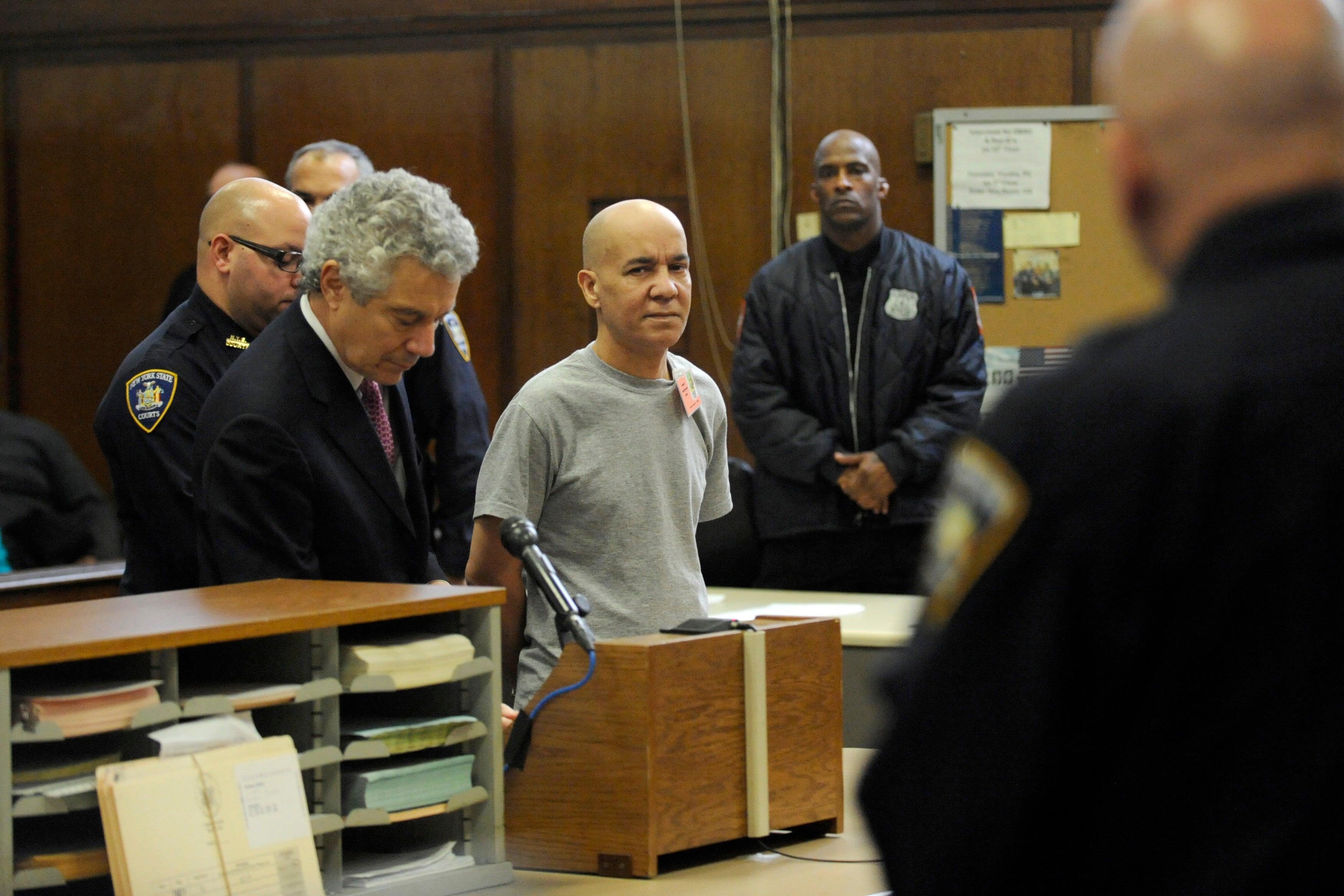A federal appeals court said Monday that Pedro Hernandez, the man convicted of killing six-year-old Etan Patz in 1979, should either be retried or released.
Hernandez, 64, has been in a New York state prison since 2017, serving 25 years-to-life imprisonment sentence after being convicted of Patz’s kidnapping and murder.
Hernandez had been arrested in 2012 after a decades-long, haunting search for answers in Etan’s disappearance, which happened on the first day he was allowed to walk alone to his school bus stop in New York City.
Patz’s murder became an infamous case in the United States, raising parents’ fears about children’s safety and launching the missing children’s movement. Patz was one of the first missing children to be featured on a milk carton.
Hernandez, who was 18 at the time of Patz’s disappearance, confessed to kidnapping and murdering the boy after hours of police interrogation in 2012.

Lawyers for Hernandez had appealed his conviction, saying the court had given improper instructions to the jury at the time.
A three-judge panel in New York City sided with Hernandez, saying the trial court’s instructions prejudiced the verdict.
If the case is retried, it would be the third time Patz’s case ends up in court.
The first trial ended in a hung jury and a mistrial in 2015 due to a lack of evidence to support Hernandez’s confession.
Hernandez, who had a history of mental health disorders, gave police his confession after seven hours of questioning. He claimed to have lured the little boy into a basement in the SoHo neighborhood with the promise of a soda. He then told police he strangled him to death and left Patz’s body in a box.
Patz’s body has never been found.

During jury deliberations, jurors were held up by the confession Hernandez gave. In a note from jurors, they asked the judge to clarify whether if they found his confession before being Mirandized “not voluntary,” it meant they had to “disregard” his later confessions.
The judge responded, “No.”
But the three-judge panel in New York said that “contradicted clearly established federal law” and ultimately “this error was not harmless.”
A spokesperson with the Manhattan district attorney’s office told the New York Times. that it is “reviewing the decision.”
